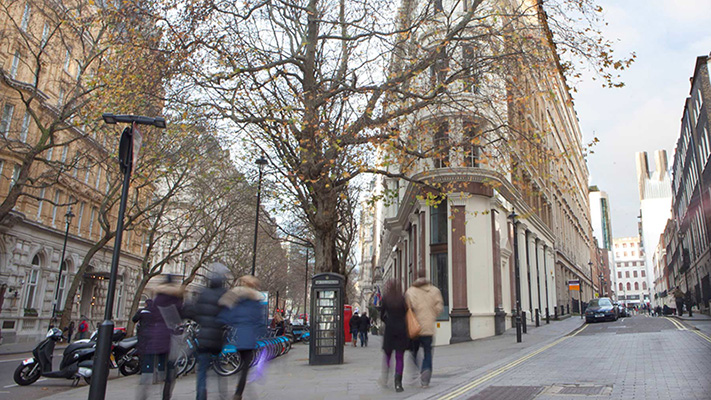
Rent-a-Room Relief and Possible Changes
Landlords who rent out rooms in their homes should be aware of possible changes in tax legislation.
In the Spring Budget of 2016, the Chancellor announced a new annual tax allowance of £1,000 for property income to apply from 2017/18. Its objective was to help ‘micro entrepreneurs’ in the ‘digital age’ and aimed especially at Airbnb hosts. Where the allowance covered all relevant income (before expenses), the net income would be treated as nil and would not have to be declared. If the income was higher than the allowance, the tax payer could choose to either deduct £1,000 from the gross income, or deduct the actual allowable expenditure. The allowance would not apply in addition to relief under the existing Rent-a-Room Relief legislation.
The provisions were quietly dropped from the 2017 Finance Bill because of the government’s need to get it finished before the General Election on 8 June 2017. The government has said it wants to reintroduce a Finance Bill after the summer recess containing all the parts that were dropped before the election, and the allowance will be back dated to apply from 6 April 2017. However the government will have to get the new Bill through Parliament with its slender working majority.
In the 2017 Spring Budget the Chancellor announced that the government will consult on the existing Rent-a-Room Relief provisions, the objective being to ‘redesign’ the scheme. It wants to ensure the relief is better targeted to support longer term lettings, and align the relief more closely with its intended purpose of increasing the supply of affordable long-term lodgings.
The current provisions give relief to owner occupiers and tenants who let furnished rooms in their only or main residence. Relief is available where rent comes under the property business rules and is classed as trading income, for example running a guest house or providing bed and breakfast accommodation. However if part of the property is let unfurnished in a year, the relief will not apply for that year.
If the relief applies there is no tax to pay if annual gross rent does not exceed £7,500 (£4,250 before 6 April 2016). If the rent is more than £7,500 the tax payer can choose to pay tax on the excess or on the net rent calculated under the normal rules. An election must be made to pay tax on the excess above £7,500, and the election will be effective until it is withdrawn. If more than one person is entitled to rent from the same property, they will each receive an allowance of £3,750 irrespective of the number of persons involved.
The information in this article is believed to be factually correct at the time of writing and publication, but is not intended to constitute advice. No liability is accepted for any loss howsoever arising as a result of the contents of this article. Specific advice should be sought before entering into, or refraining from entering into any transaction.
